Search Results
Showing results 301 to 320 of 456
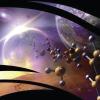
Is It Living?
Source Institutions
This activity (on pages 10-12 of the PDF) encourages learners to consider what makes living things different from non-living things.
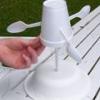
Measuring the Wind
Source Institutions
In this activity, learners explore how anemometers work to record wind speeds and how the equipment has undergone engineering adaptations over time.
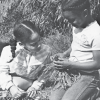
Roots and Shoots
Source Institutions
In this outdoor activity, learners discover that plants aren't just shoots (stem, branches, leaves, and flowers) growing above ground, but contain plenty of roots growing underground—more than half th
Making An Impact!
Source Institutions
In this activity (on page 14 of PDF), learners use a pan full of flour and some rocks to create a moonscape.
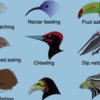
Bird Watch
Source Institutions
In this group or individual activity, learners are encouraged to watch birds near home or school—possibly where birds are nesting in a tree, pecking in a park, feeding from a feeder, or flying through
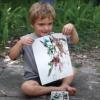
Discovery Time: Dirt
Source Institutions
In this activity, young learners (2 years and up) explore dirt and what is in it by painting with mud.

Globe at Night
Source Institutions
In this international citizen science activity, learners measure their night sky brightness and submit their observations into an online database.
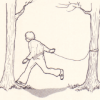
Tree Tally
Source Institutions
In this outdoor activity and fun race, learners first find the most common type of tree in a forest site.
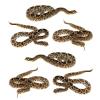
Make a Snake String & Snake Survey
Source Institutions
In this activity, learners will construct a measuring device (snake "string") to improve their observation skills.
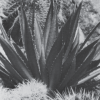
Cactus Wheel
Source Institutions
In this outdoor activity/field trip, learners explore the concept of population density.
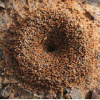
Make Your Own Ant Farm
Source Institutions
In this outdoor/indoor activity, learners collect ants and dirt to create an ant farm in a cup that they can observe over time.
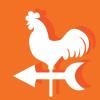
DIY Weather Vane
Source Institutions
In this activity, learners will engineer their own weather vane. This activity includes step-by-step instructions with pictures and a "What's Happening?" section explaining how the activity worked.
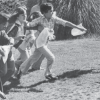
Population Game
Source Institutions
In this outdoor game, learners simulate a herd of deer trying to survive in an area called the "home range." Learners explore the concept of "carrying capacity"—what size population of an organism can
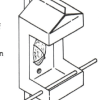
Bird Feeder
Source Institutions
In this outdoor activity, learners construct bird feeders and set them up at to investigate bird behavior for one or two weeks. Multiple feeder designs are suggested.
Splitting White Light
Source Institutions
In this optics activity, learners split white light into all its component colors using three household items: a compact disc, dishwashing liquid, and a hose (outside).
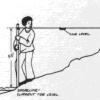
Beach Zonation
Source Institutions
In this outdoor, ocean-side activity, learners investigate the distribution of organisms in the upper region of the intertidal zone.

Shadow Play
Source Institutions
In this three part activity, learners explore and experiment with shadows to learn about the Sun's relative motion in the sky.

Pop Rockets
Source Institutions
Learners place water and part of an antacid tablet in a film canister. The reaction creates a gas reaction that launches the film canister like a rocket.
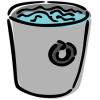
Water Exploration Station
Source Institutions
In this activity (located on page 3 of the PDF), learners investigate the way water moves and how we can control and direct water.
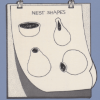
Bird Nests
Source Institutions
In this outdoor activity, learners build bird nests and place them in the activity area, then play the role of naturalists as they try to locate each other's nests.
